The world premiere recording of John Cage’s 4’33”.
Much imitated, never surpassed.

photo (c) Betty Freeman/Lebrecht
The world premiere recording of John Cage’s 4’33”.
Much imitated, never surpassed.

photo (c) Betty Freeman/Lebrecht
Who’d have thought?
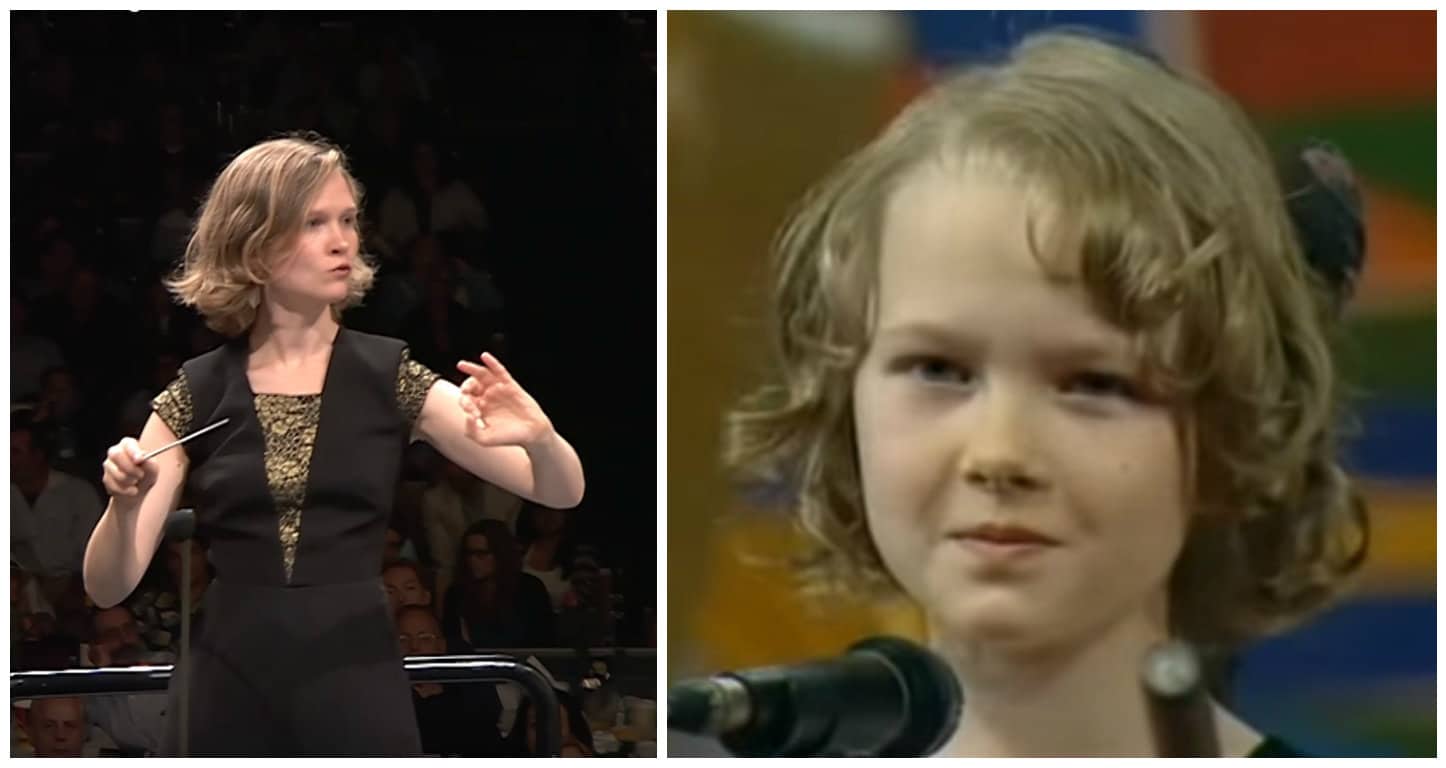
Welcome to the 112th work in the Slipped Disc/Idagio Beethoven Edition
Symphony No. 9 in D minor op. 125 (part 5)
((1 How Beethoven wrote it here. 2 How the world changed it here. 3 How do you choose a Ninth here. 4 Furtwangler or Karajan? here)
A month after the fall of the Berlin Wall in November 1989, Leonard Bernstein brought together musicians from Germany and the four former occupying powers to perform Beethoven’s ninth symphony on Christmas Day in East Berlin. In the text he substituted ‘freiheit’ (freedom) for ‘freude’ (joy) as a token of the excitement the West was experiencing at the defeat of totalitarian Communism. Bernstein said: ‘I feel this is a heaven-sent moment to sing “Freiheit” wherever the score indicates the word “Freude”. If ever there was a historic time to take an academic risk in the name of human joy, this is it, and I am sure we have Beethoven’s blessing. “Es lebe die Freiheit!”’
It was a difficult feat to pull off and the concert was more momentous on the day than memorable in the long term. It engaged with a moment in history and, like history, was messy in its component parts and resolutions. Only in the Adagio does Bernstein appear completely comfortable with his patchwork ensemble. The choral finale is unconvincing and you do not have look too closely at Bernstein’s face to see his dissatisfaction with both massed and solo voices. It was a great occasion, more showbiz than Beethoven.
While in Berlin Bernstein chipped away a chunk of wall and shipped it home. This concert was to be his last grand public statement. Aged 71, his organs were giving way to a lifetime of smoking, alcohol and other abuses. He died ten months later, aged 72. The concert lives on more in legend than in substance.
Beethoven’s ninth, to be fair, was not Bernstein’s signature work. Flamboyant and exhibitionist, Bernstein made big gestures when small ones might have sufficed and grew bored at the more intricate expanses of recapitulation. In the great expanses of Beethoven’s ninth, he placed philosophical meaning above detailed precision and fluffed some of the subtler suggestions. If you want to hear Bernstein conduct Beethoven’s ninth, the Vienna recording of 1979 is the one to have – not least for the spectacular opera chorus and soloists – Dame Gwyneth Jones, Hanna Schwarz, René Kollo and the unsurpassed bass introduction of Kurt Moll. Bernstein had a tremendous aptitude for choral sound and a great chorus conductor can make the difference between success and failure in the Ninth.
Who were the best at transforming amateurs into a formidable force?
Lorin Maazel, who died in 2014, was long ranked among the great conductors, although his performances were sometimes dismissed as ‘cold’ or ‘calculating’. The first American to conduct at Bayreuth, Maazel went on to head the Vienna Opera, the Bavarian Radio orchestra and the New York Philharmonic. Technically, in terms of clarity of beat and accuracy of note, he was the top baton of his generation. His memory was phenomenal and his psychlogical insight into players’ needs unusually penetrating. Some said he was too clever for his own good, which was more than half-true. He was quickly bored and some of his performances betray a loss of concentration.
But when he wanted to deliver there are few who could match his skill at raising musicians above their known abilities. His Ninth at Cleveland, where he succeeded George Szell as music director in 1972, is a major statement. The orchestral playing in the first three movements is outstanding and exquisitely phrased. The unexpected bonus is the Cleveland Chorus which burst forth on this recording as the equal of any in the world, lifting the finale into an altogether unexpected transcendence. The soloists – Lucia Popp, Elena Obraztsova, Jon Vickers and Martti Talvela are possibly the finest pack ever assembled. The vocal sound makes this a Ninth to reckon with forever.
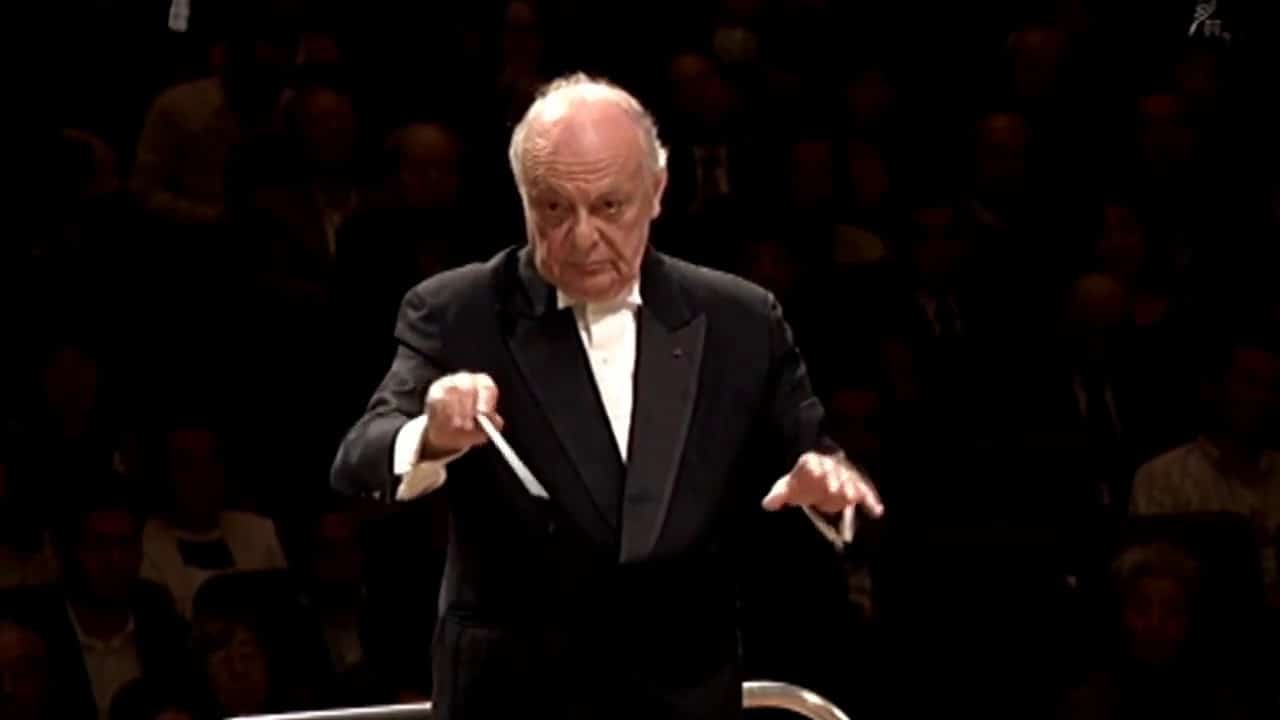
By way of complete contrast, Claudio Abbado was chaotic and meddlesome in rehearsal, dwelling on small points at the expense of the whole. He tended to save revelation for the concert itself, surprising the players with the totality of his concept. As head of La Scala and the Vienna Opera, he knew voice and chorus as intricately as any of his colleagues and made some tremendous opera recordings.
His 1987 recording of the Ninth uses the Vienna Philharmonic and the Opera chorus, which sounds a tad undercooked. It is dreamily slow at 72 minutes and not altogether convincing. A decade later, as Karajan’s successor at the Berlin Philharmonic Abbado decided on a different choral timbre. The voices on his 1996 Berlin recording of Beethoven’s 9th belong to the Eric Ericson Chamber Choir of Stockholm, a group schooled in a capella singing and in atonal modern scores. For passion, power and clarity, the Swedish voices – the women’s especially – are unbeatable; the soloists, too – Karita Mattila, Thomas Moser, Thomas Quasthoff and Violeta Urmana – are a winning hand. Abbado cuts ten minutes off his previous best/worst. What was he thinking in Vienna?
Well executed as these performances are, they are trumped by (in my view) a supreme master of choral direction. Ferenc Fricsay was brought to Berlin by Elsa Schiller in 1947 to head the radio orchestra in the US zone. Hungarian and half-Jewish, he was alienated by the former Reich capital and relied on Schiller’s moral support to keep his sanity. When Schiller moved from the radio in 1948 to be artistic head of Deutsch Grammophon, Fricsay was her trophy signing.
He fulfilled her faith in him with impeccable, best-selling recordings of major operas and symphonies. Stricken with stomach cancer (he died aged 48 in 1963), he worked tirelessly, achieving astonishing recordings of the Verdi, Mozart and Dvorak requiems, arguably the best on record.
Set loose on Beethoven’s ninth symphony in 1957 he took a big risk with an amateur cathedral chorus when he could have summoned a professional opera ensemble. Fricsay knew what he was doing, sensing that amateurs would give him best silence and the precise dynamic that he sought. His soloists – Irmgard Seefried, Maureen Forrester, Ernst Haefliger, Dietrich Fischer-Dieskau – are as good as it gets and the Berlin Philharmonic play far more flexibly than they are used to with Karajan. This is one of the immortal Ninths, a cert for our final shortlist, which will appear tomorrow.
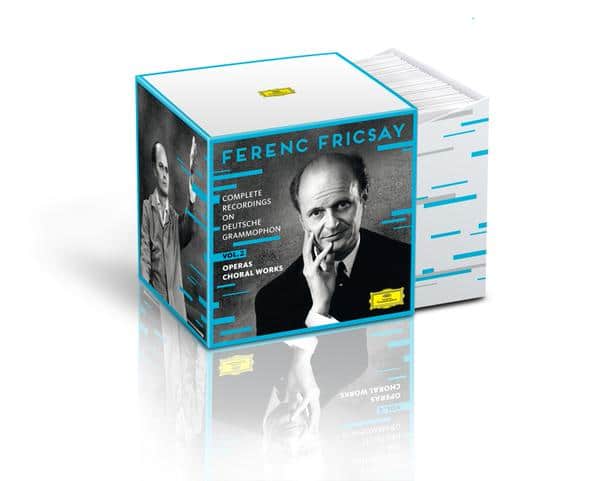
The music unions are upset at recent Covid relaxations that do not permit ticketed events. TheAmerican Federation of Musicians (AFM) union locals have just issued this statement:
As New York State continues to take steps towards re-opening, musicians must not be left out. The New York State Liquor Authority has announced guidelines that say: “Only incidental music is permissible at this time. This means that advertised and/or ticketed shows are not permissible. Music should be incidental to the dining experience and not the draw itself.”
It’s clear that the Liquor Authority is attempting to control crowds and limit numbers. We appreciate that concern, but we feel that the new guidelines are overly stringent, misguided, and actually counter-productive.
By preventing venues from selling tickets in advance, a venue is unable to know how many audience members to expect. On the other hand, if venues were allowed to sell tickets, it could set up its crowd control measures in advance and manage the audience more effectively.
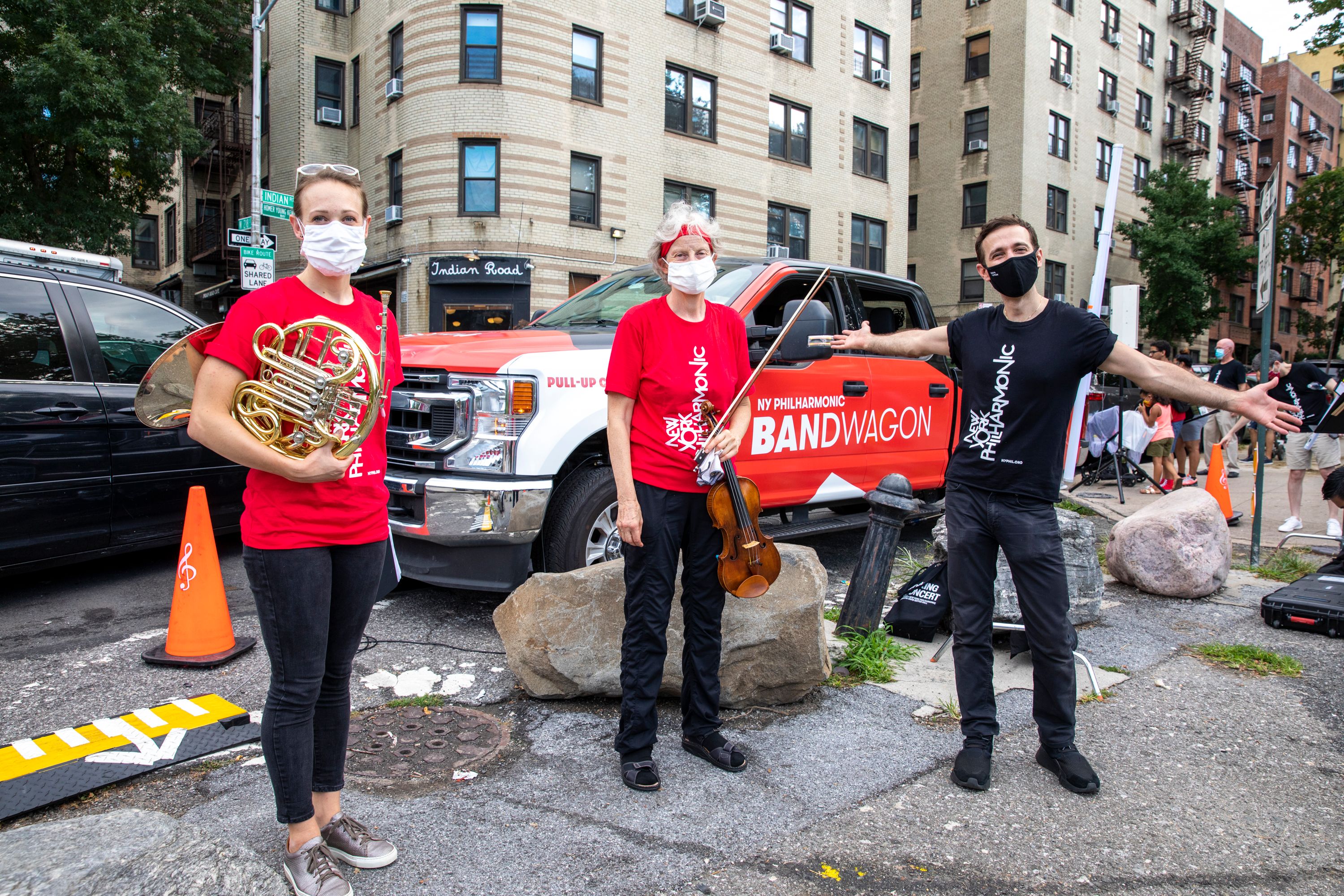
The Orchestra of Gelderland & Overijssel has chosen Otto Tausk as its chief conductor, starting now.
Tausk, 49, is also music director of the Vancouver Symphony Orchestra in Canada.
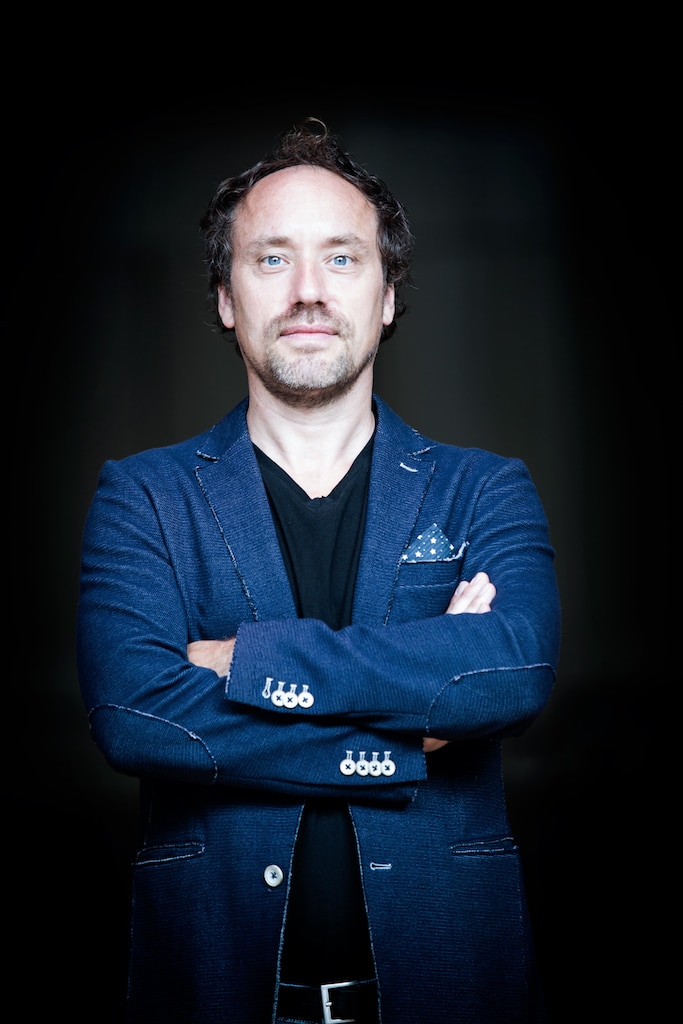
From the Lebrecht Album of the Week:
….No discredit to Williams, a capable conductor with years of experience as director of the Boston Pops. No credit whatsoever to the Vienna Phil, an orchestra that has guarded its pedigree for almost 180 years, only to squander it on music that was written for the enhancement of moving pictures and has, with few exceptional tracks, no independent existence…..
Read on here.
And here.
In The Critic here.
In French here.
In Spanish here.
In Czech here.
More languages to follow.
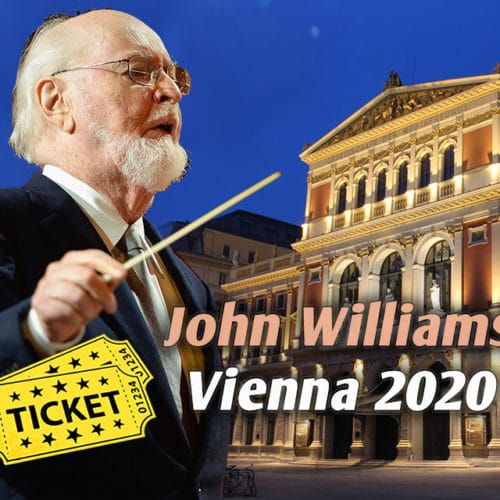
The death has been reported of Gabriele Betti, a pioneering player of contemporary music and head of flute at Vecchi-Tonelli music college in Modena.
He premiered pieces by Aldo Clementi, Jean Francaix, Salvatore Sciarrino and many more
Gabriele Betti is mourned by the flute community and composers the world over.
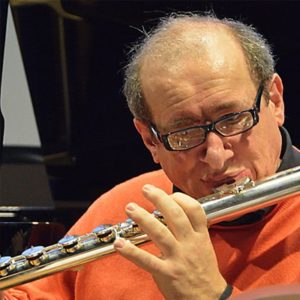
This was a Denis Matsuev recital at Kaliningrad last night*.
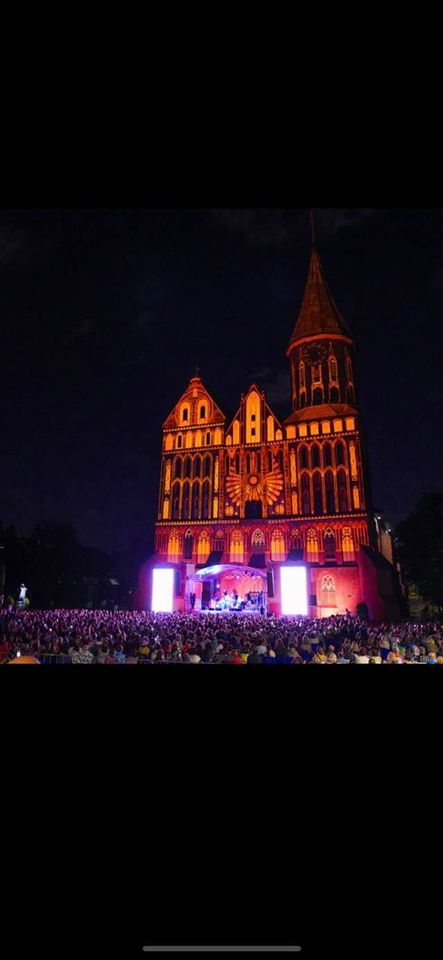
Did the audience receive the Putin vaccine? Or enough Novichok to numb the mind?
* (Double click on image to enlarge).
The Bucharest National Opera has now admitted an extensive outbreak of Covid among its artists and has shut for the net fortnight.
At the Mariinsky, where Covid has been running wild for weeks, we hear that three ballet coaches are seriously ill, leaving the dancers without regular support.
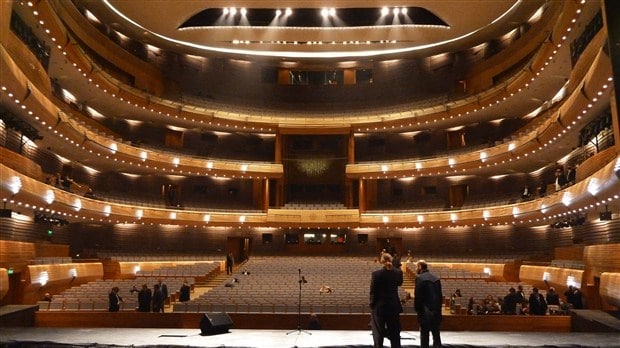
The Spanish baritone Carlos Alvarez was permitted just 60 audience members in La Coruna:
‘It is incomprehensible that some economic sectors of this country may have a free hand to carry out their activity while the world of culture, which is showing its face, providing security, seriousness and rigor in its representations, is punished. We try to do the best we can on our part, but we did not find the best response from the administration.’
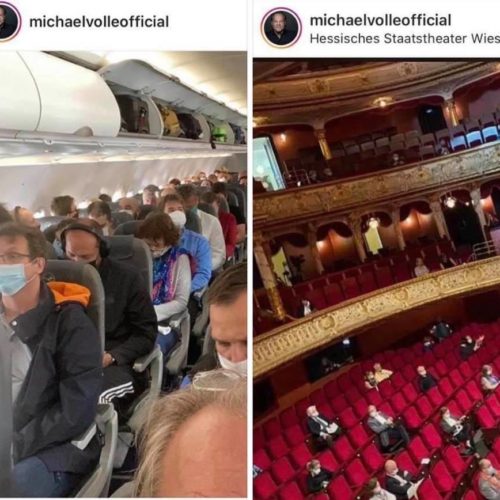
The English tenor has been named guest professor for singing at the University of Music and Theater Munich in the 2020-21 academic year.
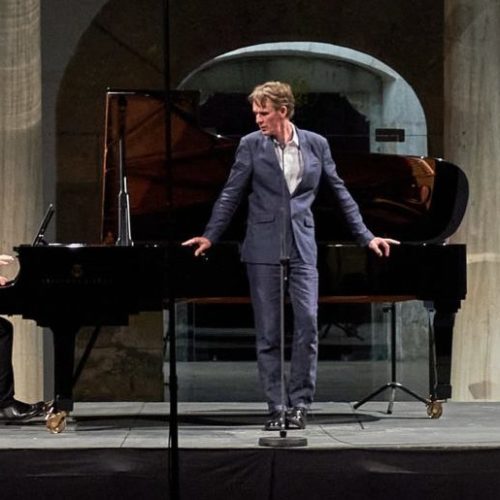
Musicians in the Pittsburgh Symphony have agreed a 25% cut in base salary in the 2020-21 season and a 50% cut in extras. Current base salary is $101,180. The orch is also making admin reduncancies. Read here.

Over in Knoxville, however, sacked musicians refused to be reinstated with a a 27.5% pay cut. They say:
On August 24, KSO management publicly announced the cancellation of the season and furlough of musicians through January 31, in violation of the current collective bargaining agreement. Privately, however, they contacted the musicians and said they would reinstate the season and hold concerts if the musicians would agree to a 27.5 percent pay cut.
“The movement to furlough us was a strong-arm tactic to force us to accept a drastic pay cut that would have made many musicians dependent on government assistance,” says Sam Chen, a member of the orchestra negotiating committee. “Musicians on salary would have been cut from $31,500 to $18,000 annually after health insurance costs.”